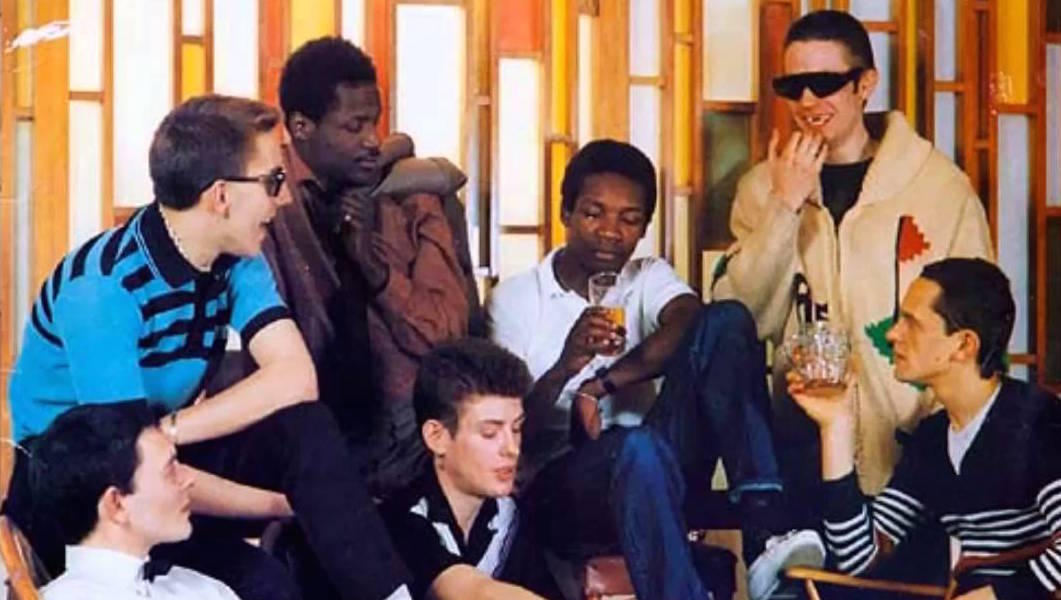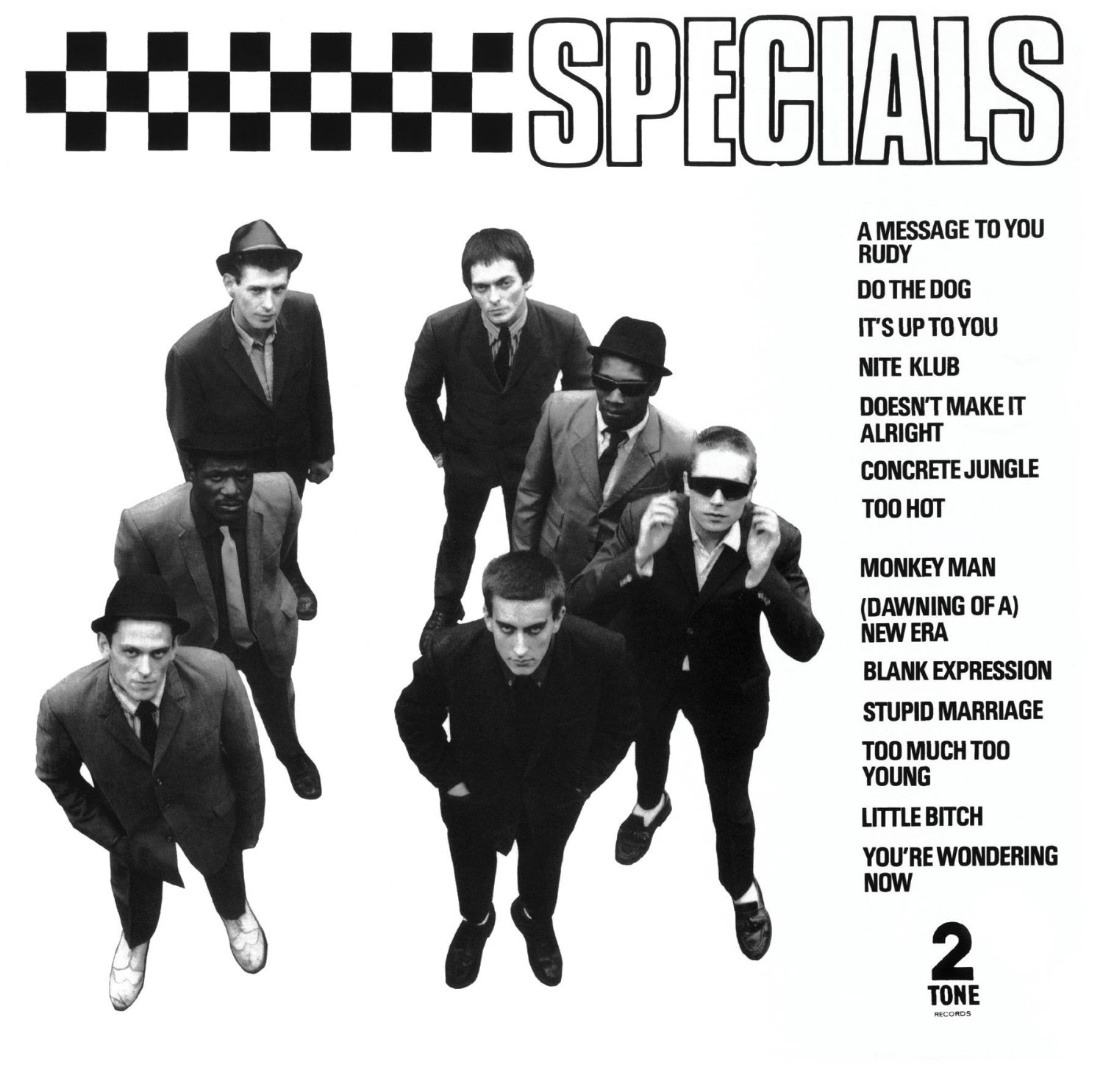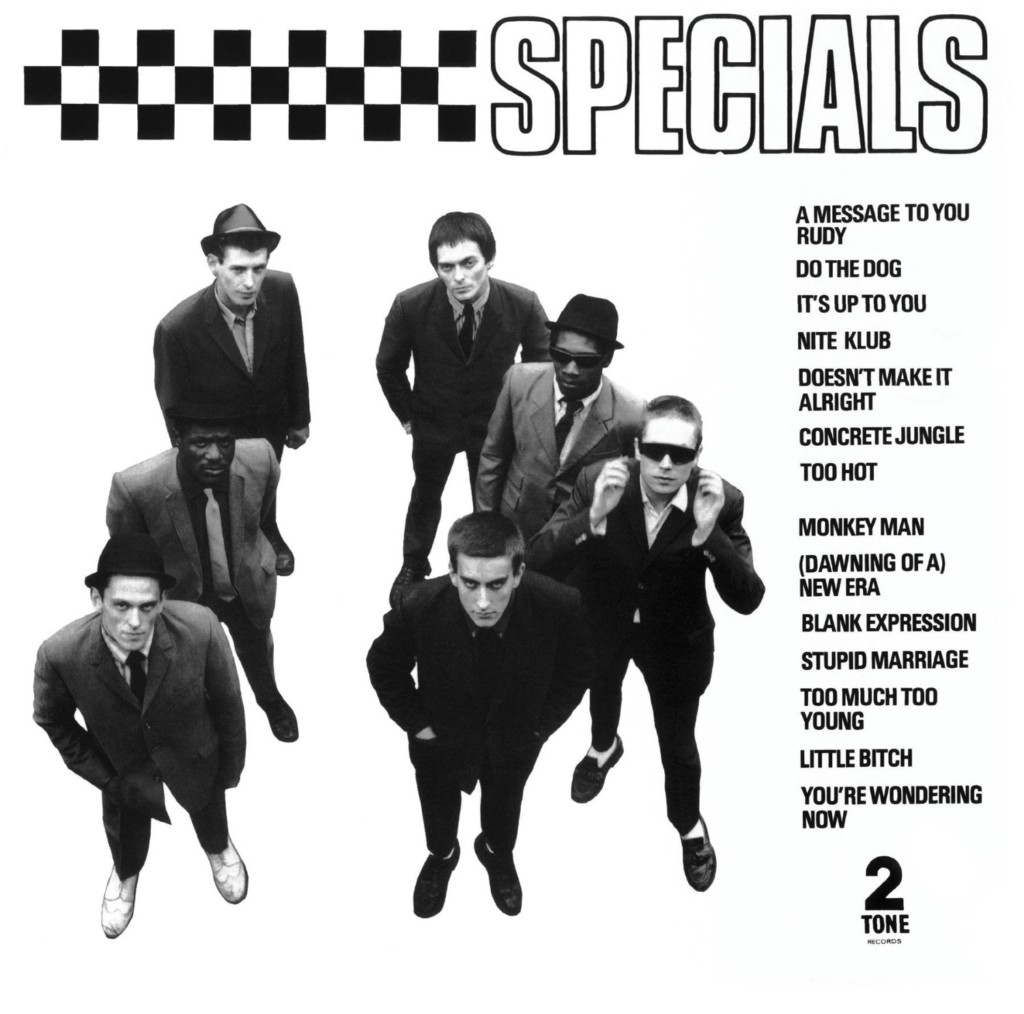
Tonight I’m going to do something I’ve wanted to do for a long time. I am going listen to a record, in full, and with all of the lights off, while doing nothing else, so help me god. This is how I used to listen to music. Before I had a smart phone, or a laptop, or a job. Before I had deadlines, a.k.a. homework I actually cared about. Before I had to cook my own meals. Back in those “before” days, the best place for listening to records was my friend Daniel’s bedroom, where we’d flip off all of the lights and dive under the blankets covering his bed to listen to Pixies’ Doolittle or the new Modest Mouse record. We would listen to these albums in full, and never speak a word.
The next best spot was my bedroom. I didn’t have my own full-sized turntable back then, but I did have a funny little portable vinyl player that my dad leant me. It was a highly precarious object, as the LP itself was largely exposed. A strip of plastic held it in place down the center, but the remaining surface area of the record (I’d say a good 80%) jutted out the sides. This made for an interesting time when you listened to records through headphones, which I always did late at night to avoid waking my parents. I would clamp in the record, plug in my headphones, and gingerly lay next to the contraption, trying not to flinch or make any sudden movements on my way down. There was a constant fear of ripping my earbuds out mid-song, or worse, knocking the mini turntable over completely. I remember lying on my back, closing my eyes, and letting the jagged guitars and hissing hi-hats of AFI’s Very Proud Of Ya take me outside of my wood-paneled bedroom walls. I knew that this was the ultimate way to listen to music: alone or with a quiet companion, eyes shut and fully immersed.
It is difficult to make time for this kind of listening now. Listening requires not only attention but intention. But despite how challenging it can be to sit still and take in a record in full, I’m determined to do it more often. This week, and hopefully many more weeks to follow, I’ll pick an LP from my collection; I’ll drop the needle, sit down, shut up, and listen. Tonight, after a dreary first week of February, I’m looking for a pick-me-up, and I can’t think of a better record to do the job that the Specials’ 1980 sophomore LP More Specials.
After discovering a promotional copy of the British band’s self titled debut in my mom’s record collection, I knew the Specials were going to be an important band in my life, even if I was discovering them 25 years too late. Regardless of how much I loved that first album, it was all I knew of the 2 Tone group, and I was always a bit surprised I didn’t see more of their work in record stores. It took me two years to find More Specials, and I didn’t even know I was looking for it.
It must have been 2005 when my mom and I drove to Laguna Beach from my grandmother’s house in Huntington. At that point in time I would have assumed that Laguna would not be to my liking – surely it would resemble the television show sharing its namesake. The Orange County city surprised me, however; as I walked through the doors of Underdog Records, I knew I’d found a place just for me.
I located a vinyl copy of More Specials within minutes, and shelled out the high price of $13.99 for it (the Day-Glo orange price tag is still plastered on the upper right hand corner of the sleeve). Little did I know, the man who sold the vinyl to me was Mike Lohrman, lead singer of the Stitches, a band I would later see live and meet in Seattle, when my best friend would open for them. Underdog was his shop, but not for much longer – sadly, it closed just a year after I visited.
Record shopping in Southern California always presented a frustrating dilemma – the region had some of the best secondhand punk record stores I’d ever seen (most of them, like Underdog and Costa Mesa’s NoiseNoiseNoise, are now sadly out of business). I would make out with absolute treasures: Circle Jerks’ Wild in the Streets, Minor Threat LPs, and all the Social Distortion bootlegs a girl could ask for. Sadly, I had no place to listen to them, until I went home to Washington after visiting Grandma. The anticipation made my private listening sessions all the more exciting, however. Playing More Specials tonight brings about a sense of wonder similar to what I must have felt 13 years ago.
More Specials was never the critical darling that was 1979’s Specials, but it’s still an exceptional record. Songs like “Rat Race” and “Hey Little Rich Girl” are built for the skank floor, but rife with British snark. “Pearl’s Café” is one of the most terrifying depictions of old age, irrelevance, and loneliness, and contains one of my favorite ways to say fuck it: “It’s all a load of bollocks/And bollocks to it all.” Again, despite the song’s depressing nature, the Specials provided an exuberant, sing-along pop number. Then again, with the Go-Gos as your backing vocalists, how could you not achieve catchy perfection? The pinnacle of this sad story/sweet song dichotomy is reached during “I Can’t Stand It.” Had it been left entirely to singer Terry Hall, this song would have been glum enough – but paired with the quavering vocals of the Bodysnatchers’ Rhoda Dakar, it is nothing short of heart wrenching. It is a breakup song for the ages, and it rarely fails to make me cry a little.
It continually amazes me how many memories fit inside the sleeve of an album, even ones that haven’t been played in years. While there is constant pressure to remain current, to look to the future of music, I find it cathartic to look back occasionally – to flip through my records like a dust-coated photo album. It is a collection of memories I hope to revisit more often.



